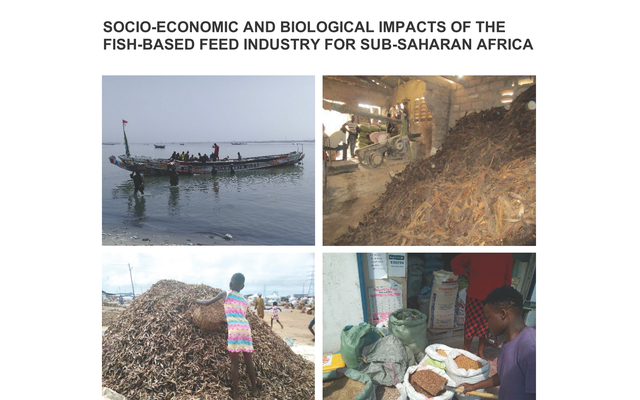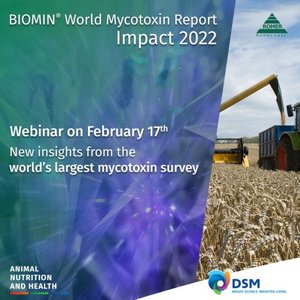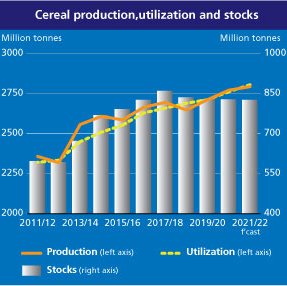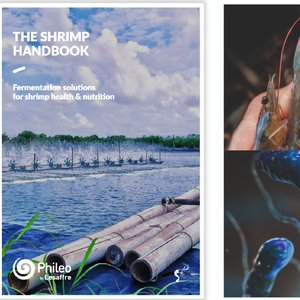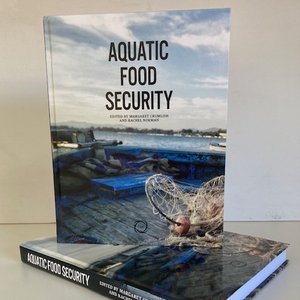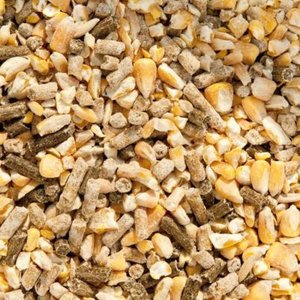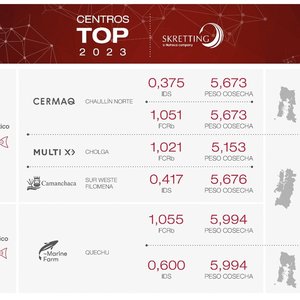FAO recently released the study Socio-economic and biological impacts of the fish-based feed industry for sub-Saharan Africa to understand the drivers, outcomes and trade-offs of the fish-based feed industry for sub-Saharan Africa, focusing on nine countries – the Congo, the Gambia, Ghana, Malawi, Mauritania, Senegal, Sierra Leone, Uganda and United Republic of Tanzania).
The study, using various information sources and mixed methods for data collection and analysis, found that fish-based feeds are mainly exported, offering some economic benefits to governments and fish workers throughout the value chain. At the same time, however, the study results suggest that the industry constitutes a threat to the livelihoods and food and nutrition security of local communities.
Looking to the future, a range of actions that are required to ensure that the fish-based feed industry contributes to equitable social and economic development, nutritional benefits, and environmental sustainability were identified. Using a stakeholder Delphi assessment, the study prioritized recommendations for decision-making and future research that included the establishment of and/or compliance with regulations for environmentally friendly and healthy/safe fish-derived ingredients and fish-based feed production, as well as continued efforts to identify and promote alternative efficient to use feed products that do not rely (or rely less on) fish-based ingredients.
Download the study here.


